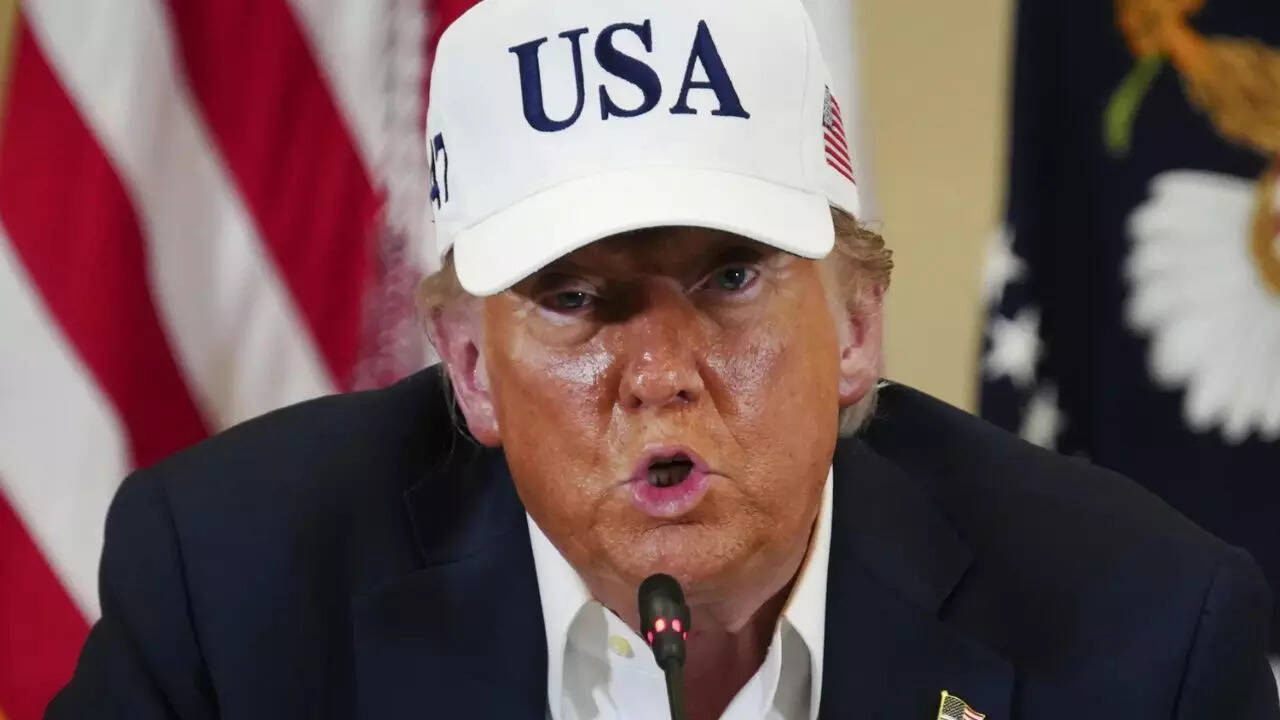Trade war explainer: Donald Trump threatens 20%–50% tariff on 23 nations along with EU, Mexico- check full list

A major rental car company faces bankruptcy while an iconic retail brand makes a comeback to physical stores, and a global pizza chain closes hundreds of locations but introduces an exciting new menu item.

All major sources, one page
Feel the mood behind headlines
Know what’s trending, globally
Get summaries. Save time
8,043
125
204
3 hours ago
Stay sharp in 60 seconds. Get concise summaries of today’s biggest stories — markets, tech, sports, and more
All major sources, one page
Feel the mood behind headlines
Know what’s trending, globally
Get summaries. Save time
8,043
125
204
3 hours ago
Stay sharp in 60 seconds. Get concise summaries of today’s biggest stories — markets, tech, sports, and more